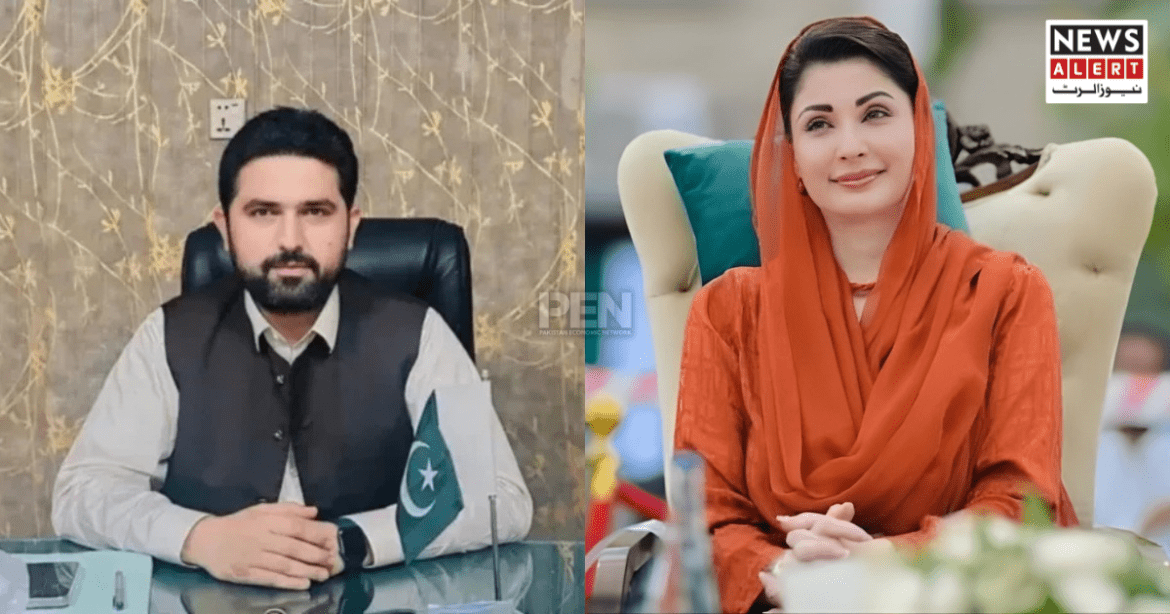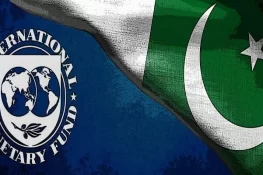A Fresh Conflict Between Two Provincial Governments
Tensions between Pakistan’s provincial governments increased this week after KP Chief Minister Suhail Afridi sent a formal letter to Punjab Chief Minister Maryam Nawaz. He accused Punjab authorities of blocking a court-approved meeting between Imran Khan and his sisters.
Imran Khan, the founder of Pakistan Tehreek-e-Insaf (PTI), remains in Adiala Jail on several convictions. His family often requests meetings, and courts usually approve them. Yet PTI leaders say Punjab’s prison administration continues to delay or deny these visits.
This dispute has now turned into a direct confrontation between the KP and Punjab governments.
KP Chief Minister Accuses Punjab of Violating Court Orders
In his letter, Suhail Afridi expressed deep concern over the denied visit. He argued that the refusal breaks the court’s clear instructions. He also described the decision as inhumane and unethical.
Afridi noted that Punjab’s move undermines basic rights. He said the denial also raises questions about the misuse of administrative authority. According to him, the public loses trust when officials ignore legal orders.
He urged Maryam Nawaz to ensure fair treatment for all prisoners, regardless of political identity.
Afridi Demands Immediate Compliance
Afridi called on Punjab’s government to implement the court’s directive without delay. He stressed that the judiciary protects fundamental rights. These rights include access to immediate family under controlled conditions.
He warned that ignoring court decisions increases political tension. Pakistan already faces polarization and mistrust among institutions. Afridi said such actions only deepen these divides.
He also asked the Punjab administration to take action against the officials who stopped the meeting. PTI members claim those officials acted with hostility toward Imran Khan’s family.
Call for a Clear and Respectful Visitation System
The KP Chief Minister urged Punjab to create a transparent visitation framework. He said the system should protect dignity and follow the law. Afridi noted that high-profile prisoners often attract media attention, so the process must remain strict and clear.
He argued that a documented and fair system benefits both families and prison officials. It also reduces allegations of bias and political interference.
Afridi expressed hope that the Punjab government will uphold the rule of law. He also said that human dignity should guide all decisions.
Wider Political Context
This exchange takes place during a heated political environment. PTI leaders continue to accuse the federal and Punjab governments of restricting access to Imran Khan, a concern echoed by his family members as well, including in Aleema Khan’s recent Freedom or Death statement. They also say the authorities create obstacles for the party’s political activities.
Human rights groups have raised similar concerns. Amnesty International and other organizations state that humane treatment includes regular family visits. They remind governments that these standards apply to all detainees.
Punjab officials have not issued a detailed response to Afridi’s letter. However, earlier statements from the government emphasized security protocols in Adiala Jail. Officials claim that their decisions follow internal procedures.
What Comes Next?
Analysts believe the dispute may grow if Punjab does not shift its approach. The issue of family access, although administrative, now carries political weight. It reflects the broader struggle over Imran Khan’s legal and political future.
For now, both provinces remain firm. KP demands strict adherence to court orders, while Punjab highlights security concerns. The next few days will show whether the two sides seek compromise or continue along a confrontational path.















